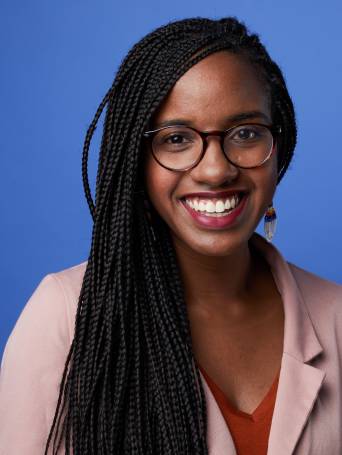
Maia Woluchem is a graduate of MIT's Department of Urban Studies and Planning. Currently, she is a Technology Fellow on the Civic Engagement and Government Team at the Ford Foundation, where she builds work at the intersection of civic organizing, power building, and technology. Her work there builds the capacity of organizers working on issues of structural democracy, broader civic coalitions, and those fighting for broad and equitable access to democracy.
Maia's work at MIT was focused on both fair housing, and the intersection of technology and race. While there, she co-edited a forthcoming book on the legacy of fair housing legislation entitled Furthering Fair Housing: Prospects for Racial Justice in America’s Neighborhoods. Prior to MIT, Maia was a Research Associate at the Urban Institute, in the Metropolitan Housing and Communities Center and Housing Finance Policy Center, broadly focused on issues of affordable housing and education in Washington, DC. While there she also helped foster the National Neighborhood Indicators Partnership, a network working to advance the effective and equitable use of data across government, civil society groups, and academia.